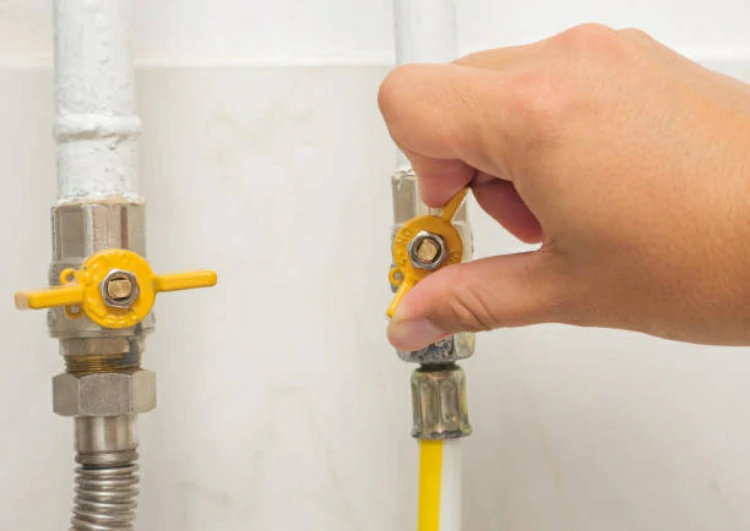Introduction to Brass Ball Valves
Brass ball valves are indispensable components in various industries, renowned for their reliability, durability, and versatility. Central to their exceptional performance is their resistance to corrosion, a critical factor in ensuring long-term functionality. In this article, we delve into the corrosion resistance of brass ball valve and the importance of anti-corrosion coatings in enhancing their lifespan and performance.
Corrosion Resistance of Brass Ball Valves
1. Corrosion Mechanisms
Corrosion is a natural process that can occur in metals when exposed to environmental factors such as moisture, chemicals, and atmospheric conditions. Brass ball valves, primarily composed of copper and zinc alloys, exhibit inherent resistance to corrosion due to the protective oxide layers that form on their surfaces. These oxide layers act as barriers, preventing further oxidation and corrosion of the underlying metal.
2. Resistance to Chemical Corrosion
Brass ball valves boast exceptional resistance to chemical corrosion, rendering them ideal for diverse applications in corrosive environments. The zinc alloy composition enhances their resilience against acidic and alkaline substances prevalent in industrial and chemical settings, ensuring enduring functionality and integrity.
3. Protection Against Atmospheric Corrosion
Brass ball valves are also resistant to atmospheric corrosion, which can occur when metals are exposed to oxygen, moisture, and pollutants in the air. The protective oxide layers formed on the surface of brass ball valve serve as a barrier against atmospheric corrosion, preventing the degradation of the valve components over time. This resistance allows brass ball valve to withstand outdoor environments and applications where exposure to the elements is unavoidable.
Importance of Anti-Corrosion Coatings
1. Enhancing Corrosion Resistance
While brass ball valves possess inherent corrosion resistance, additional protection can be achieved through the application of anti-corrosion coatings. These coatings, typically made of epoxy, polytetrafluoroethylene (PTFE), or nickel, provide an extra layer of defense against corrosion, extending the lifespan of the valves and reducing maintenance requirements.
2. Improving Performance in Harsh Environments
Anti-corrosion coatings play a crucial role in enhancing the performance of brass ball valves in harsh environments where corrosion is a significant concern. By effectively sealing the surface of the valves and preventing exposure to corrosive agents, these coatings help maintain optimal functionality and reliability, even in aggressive industrial settings.
3. Ensuring Long-Term Reliability
Anti-corrosion coatings are vital for enhancing the durability of brass ball valves, especially in crucial applications where downtime is costly. These coatings shield against corrosion, ensuring the efficiency and safety of industrial processes.
Conclusion
Brass ball valve are highly valued for their outstanding corrosion resistance, rendering them suitable for diverse applications across various industries. The inherent resistance of brass to both chemical and atmospheric corrosion, combined with the added safeguard of anti-corrosion coatings, ensures the durability and dependability of these valves in challenging environments. Understanding the corrosion-resistant properties of brass ball valves and the significance of anti-corrosion coatings empowers engineers and facility managers to make informed choices. This understanding enhances system performance and alleviates the potential risks associated with corrosion.
IFAN is a Chinese manufacturer of plastic pipes, fittings and valves with 30 years of experience. If you are interested in IFAN copper fittings, copper valves, plastic pipes and fittings, please contact us. IFAN offers you a variety of standard pipes to meet your specific needs. Click below to learn more about IFAN’s wide range of affordable and cost-effective valve products and piping system related products.
We will reply your email or fax within 24 hours.
You can call us at any time if there is any question on our production.
For more information,pls visit our webside https://ifanpro.com/
Pls Mailto: [email protected]
Whatsapp: + 86 19857948982














Recent Comments